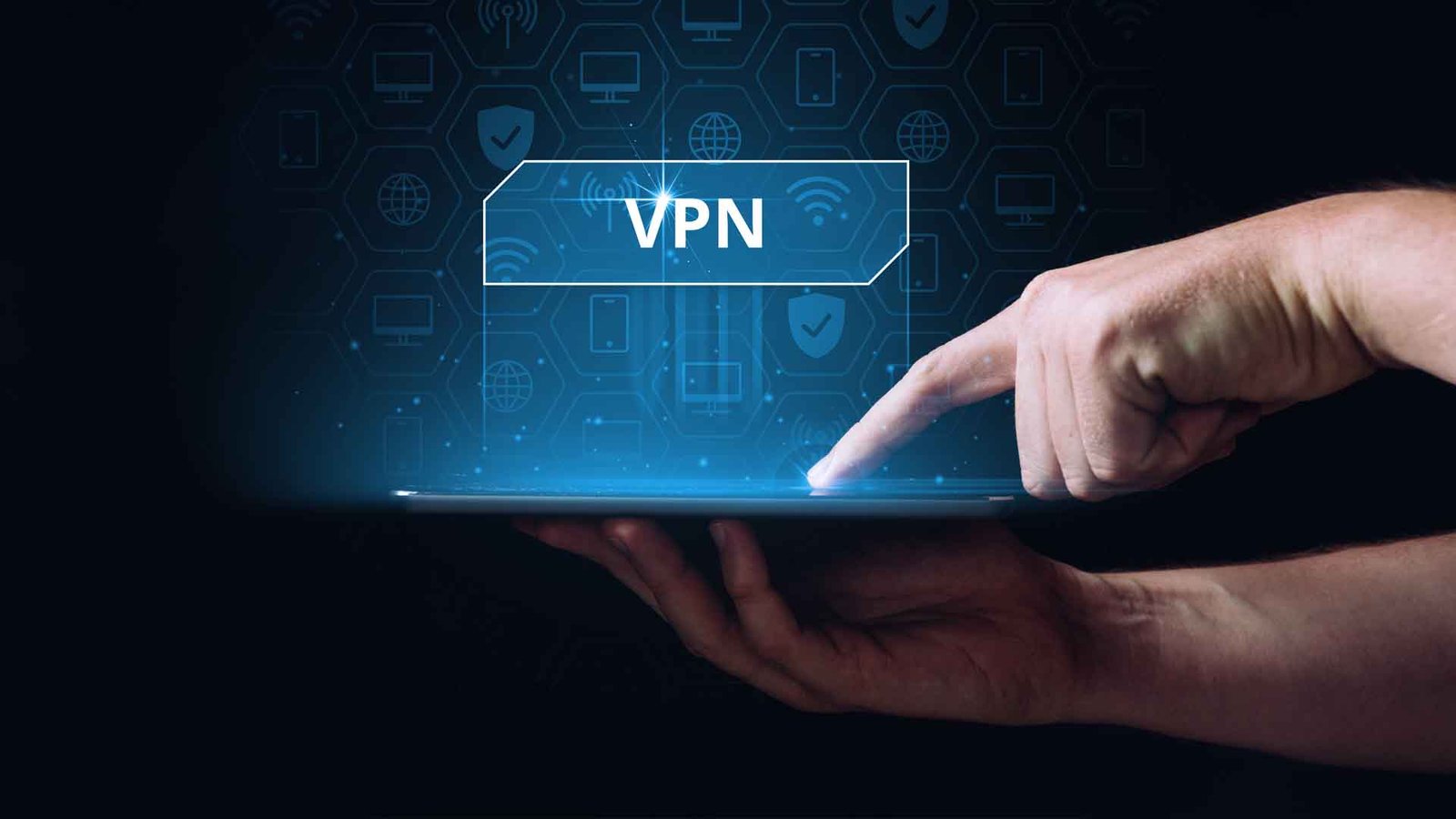On the morning of August 2, 2024, access to the social media platform Instagram was blocked in Turkey by the BTK. With 57.1 million users, Turkey is the fifth country that uses Instagram the most. Although many users try to bypass the access ban by using VPNs (Virtual Private Networks), this can bring many security problems. Alev Akkoyunlu, Operations Director of Laykon Bilişim, the distributor of Bitdefender Antivirus in Turkey, lists five points to consider when using a VPN.
Instagram access was blocked in Turkey by the BTK. With 57.1 million users, Turkey ranks as the fifth country that uses Instagram the most. Although many users try to bypass the access ban by using VPNs (Virtual Private Networks), this can bring many security problems. Alev Akkoyunlu, Operations Director of Laykon Bilişim, the distributor of Bitdefender Antivirus in Turkey, lists five points to consider when using a VPN.

5 Points to Consider When Using a VPN
Review VPN Features: Different VPNs offer various features that can enhance your experience and security. Some features to look for include encryption, kill switch, DNS leak protection, split tunneling, and multi-hop. Encryption is the process of scrambling your data to prevent anyone from reading it. A kill switch automatically cuts off your device’s internet connection if the VPN connection drops. DNS leak protection prevents your DNS requests from being exposed to your ISP or third parties. Split tunneling allows you to choose which apps or websites use the VPN and which do not. Multi-hop routes your traffic through two or more VPN servers for extra security.
Pay Attention to the VPN Protocol: The VPN protocol is a set of rules and standards that govern how the VPN operates and communicates. Different protocols offer varying levels of security, speed, and compatibility. Some of the most popular protocols include IKEv2, L2TP/IPsec, and SSTP. Each protocol has its own strengths and weaknesses, and some may not work with certain devices or platforms. You should choose a protocol that offers the best balance of security and performance for your needs.
A Free VPN is Not Really Free: A free VPN might sound appealing, but the reality is that all companies need to make money to cover their costs. Some free VPNs do this through ads, while others sell their users’ data. Sometimes, “free” means slower connection speeds and fewer features. Therefore, choose your VPN provider wisely. Otherwise, you might be exposing your sensitive information to a company that sells your data.
Pay Attention to VPN Servers: The VPN server is the remote location your device connects to when using a VPN. The server acts as a gateway between your device and the internet, affecting your speed, latency, and access to content. Before choosing one, consider the VPN server’s location, capacity, and reputation. Generally, the closer the server is to your physical location, the faster and more reliable your connection will be. However, if you want to access geographically restricted content or avoid censorship, you may want to choose a server in a different country or region.
Examine the Type of VPN: There are different types of VPNs, such as site-to-site, client-server, and peer-to-peer. Each type has its own advantages and disadvantages depending on your needs and preferences. For example, site-to-site VPNs are suitable for connecting multiple locations or networks, while client-server VPNs are more common for individual users. Peer-to-peer VPNs are decentralized and rely on other users to share bandwidth and resources. You should research the benefits and drawbacks of each type and decide which one suits your use case.





































